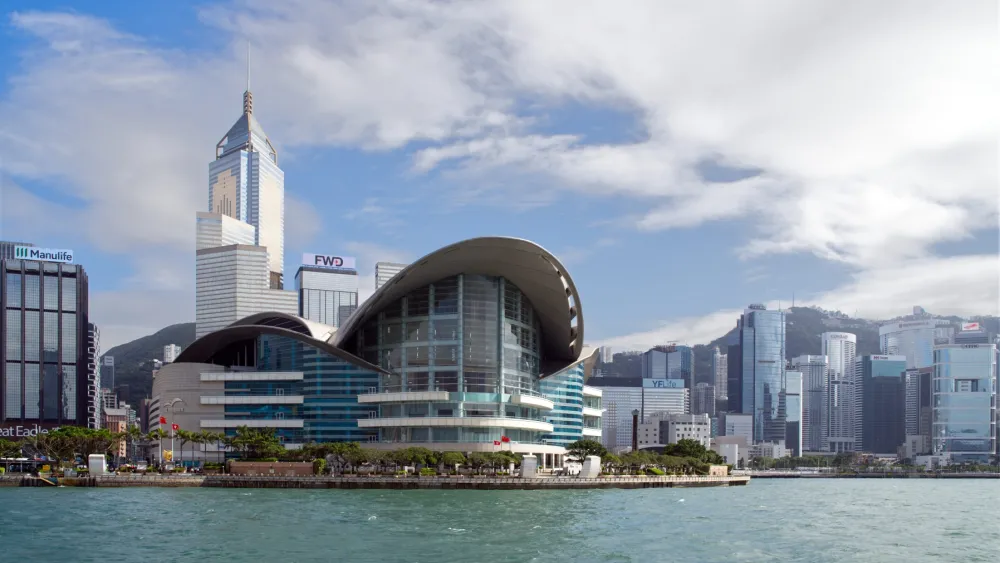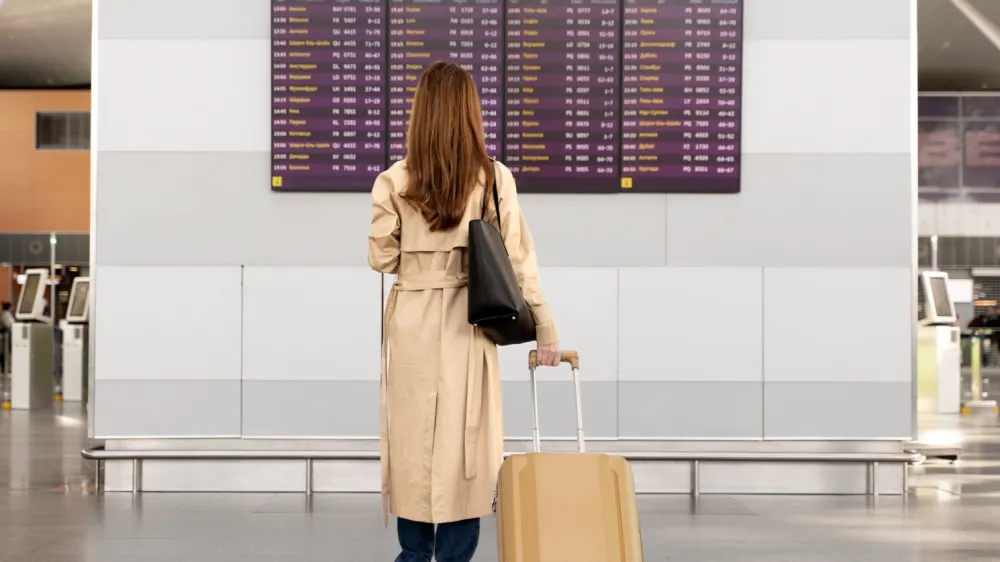Heritage tourism and remote work attract global travelers to Hong Kong
A global survey shows 52% are willing to relocate internationally for work.
Hong Kong is uniquely positioned to adapt to shifting global tourism and work trends, according to Ipsos’ latest report. The findings highlight the city’s potential to capitalise on emerging preferences, including nostalgia-driven heritage tourism, personalized travel experiences, and long-term work stays.
Annie Chan, Managing Director of Ipsos in Hong Kong, emphasised the growing demand for authentic and immersive cultural experiences. Historic neighborhoods like Mongkok and Sham Shui Po, alongside revitalized sites such as Tai Kwun, showcase Hong Kong’s rich cultural roots.
“Hong Kong has a lot to offer in this perspective,” Chan explained, noting that the city boasts 22 UNESCO award-winning sites for cultural heritage conservation in the Asia-Pacific region. These experiences, combined with culinary adventures ranging from street food to fine dining, cater to diverse traveler interests.
The rise of digital nomads—remote workers leveraging technology to stay productive while exploring new locations—presents a significant opportunity for Hong Kong’s hospitality and tourism sectors. Globally, the digital nomad market is estimated at $800 billion, with 35 million individuals contributing significantly to destination economies.
“More than 80% of respondents prioritize work-life balance over career success,” Chan highlighted, explaining that this mindset drives demand for long-term work stays. Flexible work arrangements and the ability to work from anywhere make Hong Kong an appealing choice.
While digital nomads remain an untapped market in Hong Kong’s official tourism campaigns, Chan stressed the city’s readiness to accommodate them. “Hong Kong provides a unique cultural experience, great infrastructure, flexible work environments, and a commitment to safety,” she said.
The hospitality sector can seize this opportunity by offering special remote work packages and collaborating with travel agencies and local businesses. “Providing dedicated, comfortable workspaces within properties is key,” Chan added.
Partnering with co-working spaces to create “workation” packages is another avenue for the industry to explore. “This could be a good starting point to minimize the investment,” she suggested.



















 Advertise
Advertise








Commentary
2026 biotech playbook: Hong Kong at the centre of China’s globalisation
Navigating Hong Kong’s regulatory landscape: a challenging and rewarding endeavour
Wellness craze: Emerging growth for commercial space